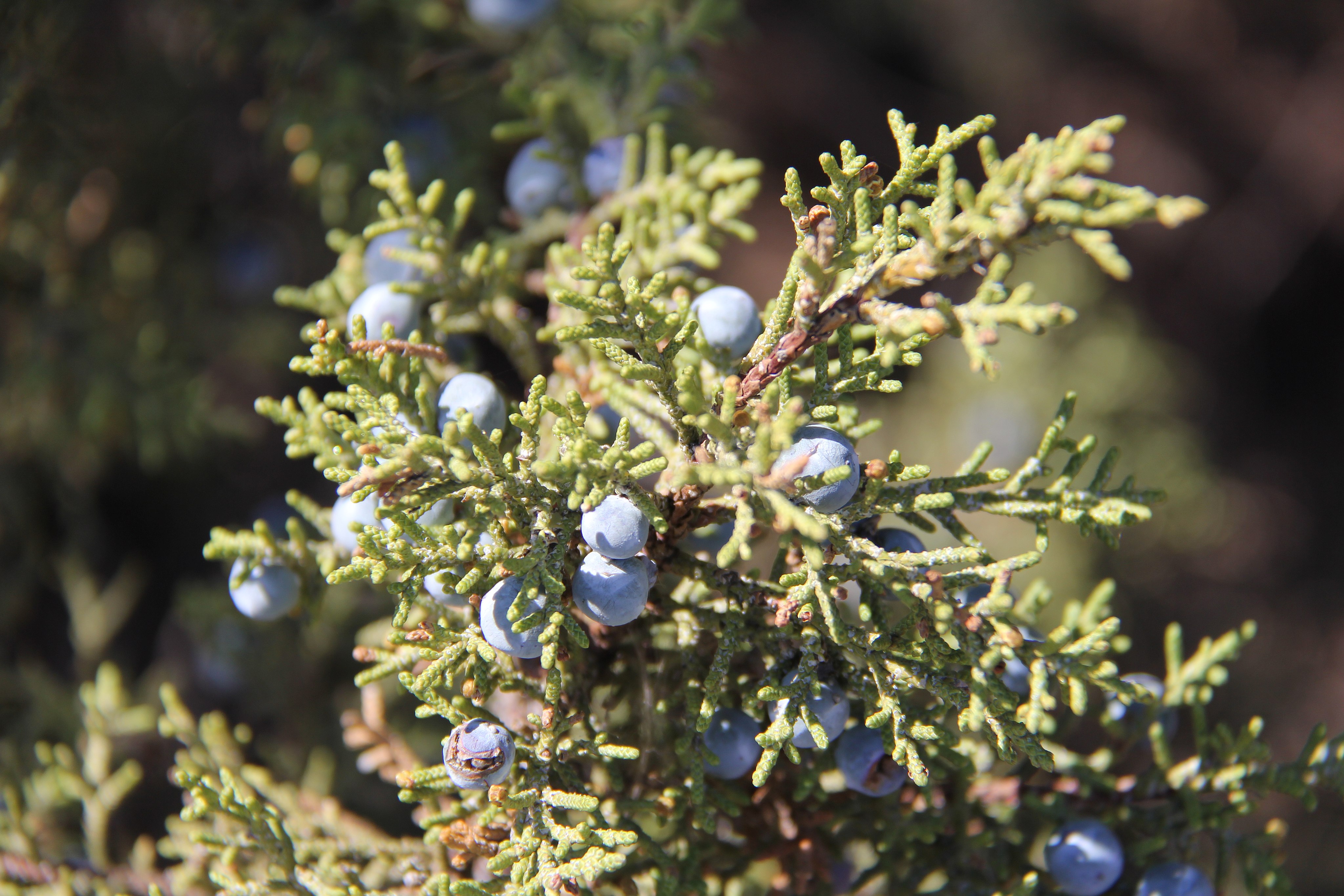Julia Dauer //
In the first season of Neflix’s period fantasy Bridgerton, Marina Thompson enters the kitchen of the wealthy house in which she is temporarily living, rummages among the jars shelved along the far wall, and brews herself an herbal tea. This scene memorably depicts an attempted herbal abortion, and Marina’s subsequent arc includes a conflict about medical authority. On the eve of Bridgerton’s second season, this essay revisits the show’s representation of herbal abortifacients. I am specifically interested in Marina’s encounter with a physician in the aftermath of her attempted abortion and the ways this encounter obfuscates women’s knowledge about herbal abortifacients.
Many writers have considered Bridgerton’s depiction of a racially diverse upper class in England in 1813, writing about the show’s depiction of a Black Queen Charlotte and the characters’ knowledge (or lack of knowledge) about sex, among many other topics. Marina, an outsider country cousin of the Featherington family and the show’s most prominent young Black female character, is particularly intriguing. Her storyline both engages with and disrupts familiar nineteenth-century tropes. As Patricia A. Matthew writes, Marina is “the most fascinating young woman” in the Ton, and, as one of many characters of color, she follows her “own journey from innocence to experience” across Season 1. Knowledgeable, skeptical, beautiful, and, much to her dismay, pregnant, Marina navigates the social season while also strategizing about whether and how she will find a husband in time to avoid scandal. In Episode 7, when all other options seem to have run out, Marina heads to the kitchen.
The framing of the kitchen scene does not announce Marina’s intentions. Viewers without prior knowledge about the history of herbal abortifacients might at first imagine she has gone to the kitchens on some other errand. The scene emphasizes Marina’s haphazard approach to brewing her tea, as well as the floral quality of the herbs she combines. Marina grinds handfuls of a few herbs with a mortar and pestle and drops a few leaves of a last substance into her cup as the water comes to a boil. She seems both determined and like she might be improvising.
Bridgerton’s Season 1 consistently engages with sex, pregnancy, and childbirth, including the dangers of childbirth for nineteenth-century women, even among the wealthiest families. Episode 2 depicts the death of the Duke of Hastings’s mother in the immediate aftermath of his birth, as well as a discussion among two daughters of the titular Bridgerton family about their mother’s harrowing experience giving birth to her youngest daughter Hyacinth. Marina, too, faces a potentially mortal risk as she attempts to employ her knowledge to end her pregnancy.
Bridgerton does not address how Marina might have heard about an herbal tea that would induce abortion. The risks of consuming these herbs, though, quickly become clear. Shortly after the kitchen scene, viewers see Marina sprawled on the floor of her bedroom. The tea has knocked Marina unconscious – so much so that the Featheringtons fear at first she has died. When she regains consciousness, it seems as though she has accomplished her purpose. Marina and the Featheringtons believe her pregnancy has ended.
While viewers may momentarily assume Marina’s understanding of herbal abortifacients has allowed her to carry out her wishes, subsequent scenes overturn this assumption. In Episode 8, Marina experiences a health crisis, and a doctor is called to the Featherington house. He confirms that Marina is still pregnant and admonishes her for believing the tea she brewed could have been successful in ending her pregnancy. The doctor peers down at Marina with a sympathetic and dismissive tone and says, “You truly believed a tea would rectify the situation madame? As if that ever works.”
The doctor presents Marina’s attempt as naïve, bolstering his professional authority about pregnancy and childbirth. Herbal abortifacients, however, have a long history. While they were often dangerous and potentially deadly, they could also be effective.
Londa Schiebinger has documented the ways knowledge about herbal abortifacients was historically passed among women and midwives. Over the course of the eighteenth and nineteenth centuries, as medical authority was consolidated by professional male practitioners in Europe and the U.S., some knowledge about abortifacients was lost. Schiebinger focuses on the peacock flower, which was employed as an abortifacient by enslaved women to resist forced reproduction. While the peacock flower was widely recognized as an abortifacient in the Caribbean, knowledge about its use did not travel to Europe.
Abortion had been criminalized in Britain in 1803, ten years before Marina’s tea, but knowledge about some common herbal abortifacients persisted. As John M. Riddle shows, herbals continued to include vague information about abortifacients including juniper berries (one of the herbs Marina selects from the shelves), pennyroyal, parsley, and rue. Court cases trying those accused of aborting fetuses after quickening also continued to mention such herbs.
Marina’s physician dismisses herbal abortifacients, and their encounter hints at a conflict over reproductive authority. Surprisingly, the scene suggests not just that this attempted herbal abortion has been unsuccessful but that such practices are entirely ineffective. A more complex representation of the history of abortifacients and their uses, as well as an acknowledgement of the long history of abortion practices, might frame Marina’s actions differently, as desperate and dangerous but not necessarily futile. More fully acknowledging the ways pregnant people have historically practiced and attempted to practice reproductive autonomy is especially necessary as we witness the erosion of reproductive rights in the present.
Cover Image: Juniper berries, Bureau of Land Management Oregon and Washington, Public domain, via Wikimedia Commons.
Works Cited, in addition to linked articles:
“After the Rain.” Bridgerton, season 1, episode 8, December 25, 2020. Netflix.
“Oceans Apart.” Bridgerton, season 1, episode 7, December 25, 2020. Netflix.
Riddle, John M. Eve’s Herbs: A History of Contraception and Abortion in the West. Cambridge, MA: Harvard UP, 1997.
Schiebinger, Londa. Plants and Empire: Colonial Bioprospecting in the Atlantic World. Cambridge, MA: Harvard UP, 2004.

